Related Research Articles
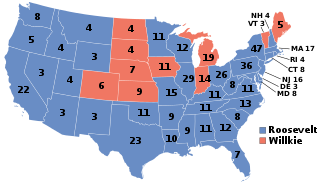
Presidential elections were held in the United States on November 5, 1940. Incumbent Democratic President Franklin D. Roosevelt defeated Republican businessman Wendell Willkie to be reelected for an unprecedented third term in office. Until 1988, this was the last time in which the incumbent's party won three consecutive presidential elections. It was also the fourth presidential election in which both major party candidates were registered in the same home state; the others have been in 1860, 1904, 1920, 1944, and 2016.

Frank Morley was a leading mathematician, known mostly for his teaching and research in the fields of algebra and geometry. Among his mathematical accomplishments was the discovery and proof of the celebrated Morley's trisector theorem in elementary plane geometry.
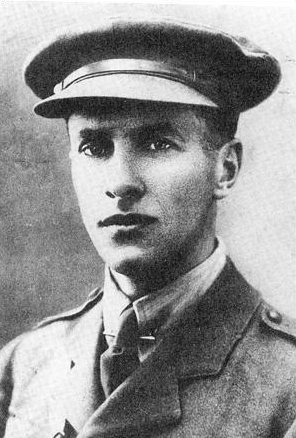
Walter Duranty was an Anglo-American journalist who served as Moscow bureau chief of The New York Times for fourteen years (1922–1936) following the Bolshevik victory in the Russian Civil War (1918–1921).
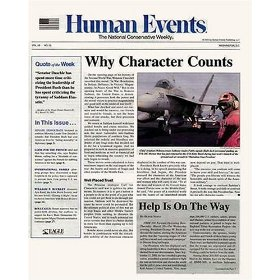
Human Events is an American conservative political news and analysis website. Founded in 1944 as a print newspaper, Human Events became a digital-only publication in 2013.
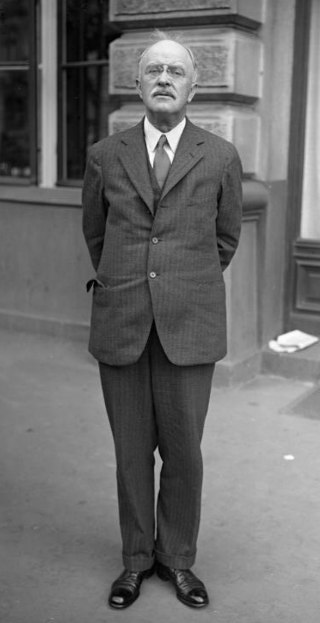
Oswald Garrison Villard was an American journalist and editor of the New York Evening Post. He was a civil rights activist, and along with his mother, Fanny Villard, a founding member of the NAACP. In 1913, he wrote to President Woodrow Wilson to protest his administration's racial segregation of federal offices in Washington, D.C., a change from previous integrated conditions. He was a leading liberal spokesman in the 1920s and 1930s, then turned to the right.

William Allen White was an American newspaper editor, politician, author, and leader of the Progressive movement. Between 1896 and his death, White became a spokesman for middle America.
United States non-interventionism primarily refers to the foreign policy that was eventually applied by the United States between the late 18th century and the first half of the 20th century whereby it sought to avoid alliances with other nations in order to prevent itself from being drawn into wars that were not related to the direct territorial self-defense of the United States. Neutrality and non-interventionism found support among elite and popular opinion in the United States, which varied depending on the international context and the country's interests. At times, the degree and nature of this policy was better known as isolationism, such as the interwar period, while some consider the term isolationism to be a pejorative used to discredit non-interventionist policy.

Garet Garrett, born Edward Peter Garrett, was an American journalist and author, known for his opposition to the New Deal and U.S. involvement in World War II.
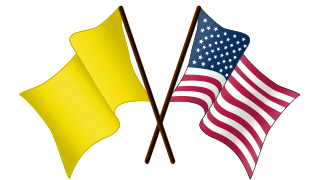
The Old Right is an informal designation used for a branch of American conservatism that was most prominent from 1910 to the mid-1950s, but never became an organized movement. Most members were Republicans, although there was a conservative Democratic element based largely in the Southern United States. They are termed the "Old Right" to distinguish them from their New Right successors who came to prominence in the 1960s, 1970s and 1980s.
The following are the Pulitzer Prizes for 1936

The term right-wing alternative media in the United States usually refers to internet, talk radio, print, and television journalism. They are defined by their presentation of opinions from a conservative or right wing point of view and politicized reporting as a counter to what they describe as a liberal bias of mainstream media.
Merlo John Pusey was an American biographer and editorial writer. He won the 1952 Pulitzer Prize for Biography or Autobiography and the 1952 Bancroft Prize for his 1951 biography of U.S. Chief Justice Charles Evans Hughes.
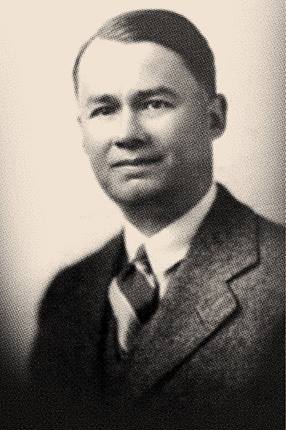
William Henry Chamberlin was an American historian and journalist. He was the author of several books about the Cold War, communism, and foreign policy, including The Russian Revolution 1917-1921 (1935), which was written in Russia between 1922 and 1934 while he was the Moscow correspondent of The Christian Science Monitor.
Frank Cleary Hanighen was an American journalist.

Joseph Paul Lash was an American radical political activist, journalist, and writer. A close friend of Eleanor Roosevelt, Lash won both the Pulitzer Prize for Biography and the National Book Award in Biography for Eleanor and Franklin (1971), the first of two volumes he wrote about the former First Lady.

The Intercollegiate Studies Institute (ISI) is a nonprofit educational organization that promotes conservative thought on college campuses. It was founded in 1953 by Frank Chodorov with William F. Buckley Jr. as its first president. It sponsors lectures and debates on college campuses, publishes books and journals, provides funding and editorial assistance to a network of conservative and libertarian college newspapers, and finances graduate fellowships.
Justus Drew Doenecke is an American historian, writer, and professor. His 2000 book, Storm on the Horizon: the Challenge to American Intervention, 1939-1941, received the Herbert Hoover Book Award from the Herbert Hoover Presidential Library and Museum. Doenecke is Professor Emeritus at New College of Florida.
Frank Vigor Morley was an American mathematician, author, editor and publishing executive. As had his two older brothers, Christopher and Felix, Morley attended Haverford College and then studied at the University of Oxford as a Rhodes Scholar. Morley worked in book publishing in London and New York and played a significant role in the early history of the publishing firm Faber and Faber, where he became a close friend of the poet T. S. Eliot.
References
- 1 2 Weil, Martin (1982-03-15). "Felix Morley, Scholar, Educator and Journalist, Dies at 88". The Washington Post. p. B4.
- ↑ Steele, Richard W. (1985). Propaganda in an Open Society: The Roosevelt Administration and the Media, 1933-1941. London, England: Greenwood Press. pp. 100–1.
- ↑ (3 April 1940). Felix Morley Named Head of Haverford, The New York Times
- ↑ "Felix Morley Backs Wilkie". The New York Times . September 9, 1940. p. 18.
- ↑ Gillian Peele, 'American Conservatism in Historical Perspective', in Crisis of Conservatism? The Republican Party, the Conservative Movement, & American Politics After Bush, Gillian Peele, Joel D. Aberbach (eds.), Oxford: Oxford University Press, 2011, p.21
- ↑ Nash, Georg H. (1998). The Conservative Intellectual Movement in America, Since 1945 . Wilmington, Del: Intercollegiate Studies Institute. pp. 112. ISBN 1-882926-20-X.